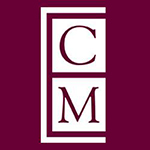Introduction to the Colegio de México:
Introduction: The Colegio de México is a higher education institution located in Mexico City, focusing on teaching and research in the social sciences and humanities.
Overview: The college has 7 academic centers, offering 3 undergraduate degrees, 7 master's degrees and 8 doctoral degrees. The total number of students is approximately 440 undergraduates and 110 graduate students, with nearly 181 tenured or tenure-track professors and 50 part-time and visiting professors, with a student-faculty ratio of 2.5:1.
History and establishment time: Its origins can be traced back to the House of Spain, which was founded by Mexican President Lázaro Cárdenas in 1938 to accommodate Republican artists, scientists and intellectuals in the Spanish Civil War. In 1940, the House of Spain was transformed into the Colegio de México to ensure its continuity, with Alfonso Reyes as the first president.
School strength: The Colegio de México has a leading academic reputation in Latin America and has trained many graduates who have performed well in research, teaching, public affairs and other fields. The college's professor team is strong and has profound academic attainments in their respective fields. Its library has a rich collection of books and is one of the richest libraries in North America, providing solid resource support for academic research. In addition, the college has extensive academic exchanges and cooperation with many high-level educational institutions around the world.
Nature of the institution: public university.
Educational philosophy: There is no clear and public content related to the educational philosophy. However, as a university focusing on humanities and social sciences, it is speculated that it focuses on cultivating students' in-depth understanding of social and human issues, as well as critical thinking and research capabilities, and is committed to cultivating professionals with high humanistic qualities and social responsibility for society.
Key laboratories and disciplines: No key laboratories are explicitly mentioned. Key disciplines are concentrated in the fields of social sciences and humanities, including history, sociology, economics, political science, linguistics, literature, Asian and African studies, urban studies, demography and environmental studies, etc.
Faculty: The college has 7 academic centers, namely the Center for International Studies, the Center for Population, Urban and Environmental Studies, the Center for Historical Studies, the Center for Language and Literature Studies, the Center for Economic Studies, the Center for Sociological Studies, and the Center for Asian and African Studies.
Ranking: In the 2025 QS Mexico University Rankings, the Mexican College focuses on humanities and social sciences research, and its academic reputation is leading in Latin America. However, it is not clearly listed in the comprehensive world university rankings such as QS and Times.
Cost: No specific tuition information for the school has been found. However, since it is a public university, tuition fees are usually relatively low, and most students can receive scholarships.
Campus environment: In 1976, the college moved to a striking modern building in the south of Mexico City. The campus is urban in style. Although there is no detailed description of the campus environment, as a well-known academic institution, it should be equipped with modern teaching buildings, libraries, research centers and other teaching facilities to meet the learning and research needs of students.
-

National Autonomous University of Mexico
-

Anahuac University of North Mexico
-
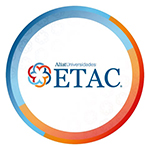
Universidad ETAC
-

Universidad Autonoma de Guadalajara
-

Meritorious Autonomous University of Puebla
-
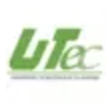
Technological University of Tulancingo
-

Technological University of Huejotzingo
-

Autonomous University of Sinaloa
-
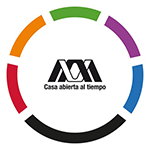
Metropolitan Autonomous University
-
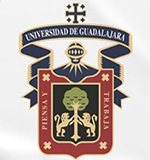
University of Guadalajara
-

Mesoamerican University
-

Istmo University
-

Mariano Galvez University of Guatemala
-

Regional University of Guatemala
-

Galileo University
-

Francisco Marroquín University
-

Rafael Landívar University
-

University of the Valley of Guatemala
-

University of San Carlos of Guatemala
-

Technological Institute of Tlaxcala Plateau
-

Golfo University
-

Technological University of South Sonora
-

Technological University of Huejotzingo
-

Tizimín Institute of Technology
-

Chilpancingo Institute of Technology

